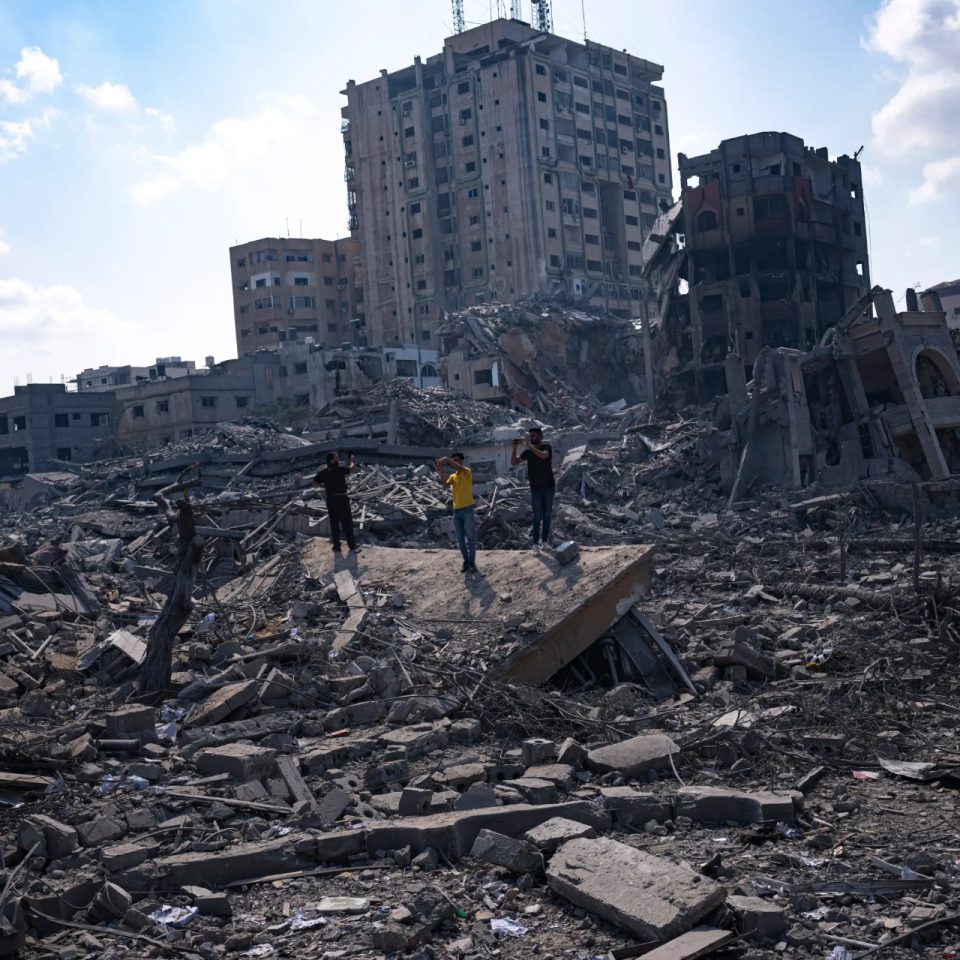On October 24, UN Secretary-General Antonio Guterres’s statement addressing the massacre committed by Hamas on October 7 triggered a vehement response from Israel. Israeli officials swiftly demanded Guterres’s resignation, accusing him of supporting Hamas and justifying the said massacre. This episode underscores a potential evolution in the accusation of anti-Semitism, with the contextualization of events now being susceptible to such charges.
The historical backdrop of the Israel-Palestine conflict extends to the 19th century when Western evangelical Christianity embraced the idea of a Jewish state. This ideological shift culminated in the Zionist movement and the issuance of the Balfour Declaration in 1917. The clash between the settler colonial project in Palestine and the indigenous Palestinian anti-colonial movement manifested in events like the al-Buraq Uprising of 1929.
The 1948 ethnic cleansing of Palestine and subsequent expulsions laid the foundation for enduring tensions. The occupation of the West Bank and Gaza, coupled with aggressive Israeli policies, escalated after the election of a fundamentalist government in 2022. The 16-year-long siege on Gaza, a response to Hamas winning democratic elections, exacerbated the humanitarian crisis.
The October 7 attack serves as a pretext for Israel to pursue genocidal policies, the United States to reassert its presence in the Middle East, and some European countries to curtail democratic freedoms under the banner of a “war on terror.” Despite the brutality of the attack, it may not be a transformative event but rather a tragic continuation of the ongoing cycle of violence.
Looking forward, Israel is poised to persist as a settler-colonial state, with internal conflicts between those advocating for a more theocratic and racist state and those aiming to maintain the status quo. The situation in Gaza is unlikely to alter Israel’s apartheid nature. The Palestinians will endure in their struggle for liberation, supported by diverse civil societies, while certain governments continue backing Israel. The ultimate solution lies in a regime change in Israel, ensuring equal rights for all and facilitating the return of Palestinian refugees to break the cycle of bloodshed.
The recent developments, marked by Guterres’s statement and Israel’s reaction, underscore the evolving dynamics in the Israel-Palestine conflict. The historical contexts, rooted in the 19th-century Zionist movement and subsequent geopolitical developments, shape the present situation. The path forward necessitates a shift in Israel’s political landscape to break the cycle of violence and pave the way for a just and lasting resolution.

